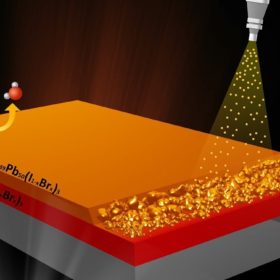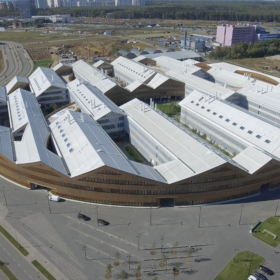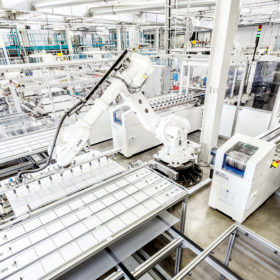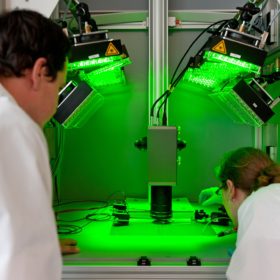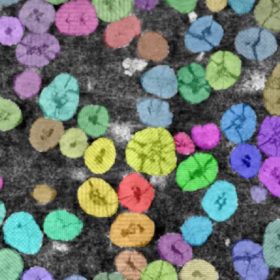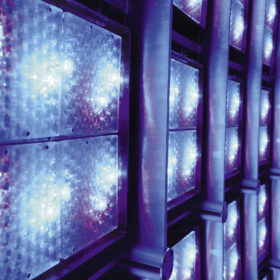Carbon accounting for beginners
A new report from Rocky Mountain Institute in the U.S. explores the need for companies to disclose information about greenhouse gas emissions throughout their supply chains, and the most effective ways to do this whilst ensuring consistency and comparability of collected data across multiple industries.
No science news today
In a show of support for scientists around the world who are downing tools today in support of the Black Lives Matter movement, pv magazine will be pausing our usual coverage of developments from the world of science and academia.
A spray coating process for perovskite PV
Scientists at Thailand’s Mahidol University have developed a new spray coating process which they say could be used in the production of stable multi-layered perovskite solar cells in a variety of colors and transparencies.
New insights into lithium-ion battery structure
Scientists at Moscow’s Skoltech Center for Energy Science and Technology have developed a method of visualizing the formation of layers on battery electrodes during their initial operation. The observations reveal various mechanisms that could be optimized to improve battery performance and operational lifetime.
teamtechnik receives stringer order for 400 MW German fab
German equipment manufacturer teamtechnik announced it has received an order from a European module manufacturer for several stringers to process nine busbar half cells. Already a major trend among module makers in China, 9BB technology now looks to be headed further afield.
Paving the way for lead-free perovskites
Scientists in Germany and China have developed an additive which greatly improved the performance of a tin-based perovskite solar cell. Cells fabricated with the additive reached 9.1% efficiency, and the researchers say their work opens up many new possibilities to improve the performance of lead-free perovskites.
A closer look at battery degradation, assisted by machine learning
Scientists at the SLAC National Accelerator Laboratory in the U.S. have developed a machine learning algorithm that can identify and track individual particles within a lithium-ion battery cell. Their findings shed more light on how the batteries lose performance over time, and could challenge previous assumptions of scientists working to develop batteries with longer lifetimes.
Investigating backsheets and ultraviolet stability
Five testing laboratories led by Germany’s Fraunhofer ISE have begun a ‘round robin’ project to test the effects of ultraviolet light on polymer backsheet materials. Initial results indicate a route to accurate accelerated testing of backsheet UV stability over module lifetimes of 20 years-plus.
Perovskites thrive under pressure
Scientists in the U.S. and Nigeria have studied the effects of pressure on perovskite solar cell production and found the correct application could improve cell efficiency by as much as 40% (relative). Push them too hard though, and they crack.
The weekend read: New technologies mean new approaches
Measuring the performance of a solar cell is a tricky affair, and even more so for new technologies such as perovskites and tandem cells. In the laboratory, these are measured over a period of several minutes to ensure accurate characterization. But as technology continues its journey toward commercial production, ensuring an accurate power rating without slowing down the manufacturing process presents a new challenge both for suppliers of flash testing equipment and those working on bringing perovskite solar cells and tandem devices featuring them to market.



